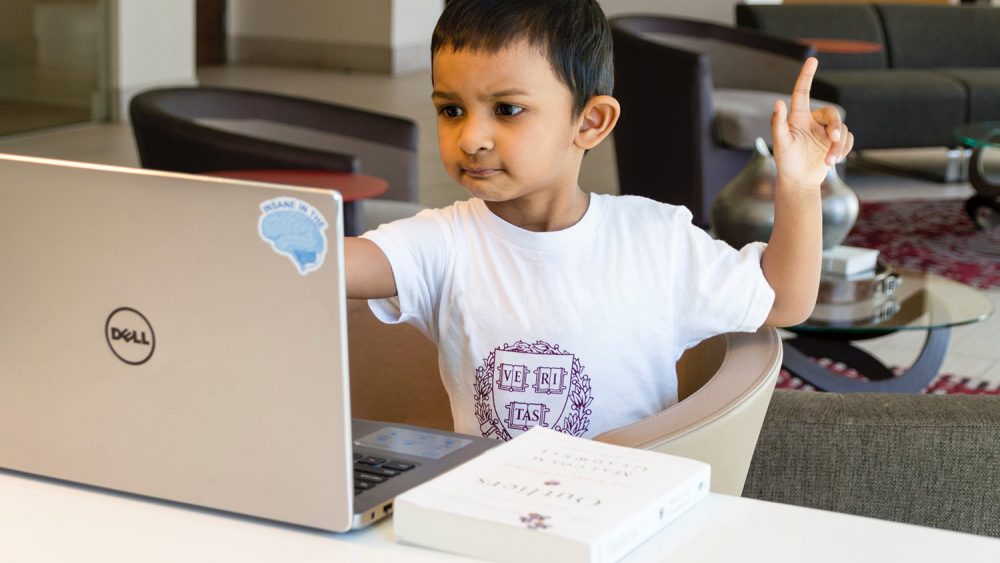Nowadays we all have to be careful with how we say things. There’s a hyper sensitivity to literally everything – how it’s said, to whom it’s said. What’s the proper way of referring to ‘disabled people’ v ‘people with disabilities’?
If you’re new to this space or just curious or asking for a friend, the easiest answer I can give is to use common sense. If you’re unsure, ask.
For me, there is one word I despise and will correct someone if they say it in the context of disabilities (in the politest way possible) – NORMAL. ‘Did they go to a special school or a normal school?’ ‘Do her siblings have a disability or are they normal?’ ‘How does he perform at work compared to his normal coworkers?’
Admittedly, on the inside I’m screaming “are you for real?!” What’s normal? People who are physically and intellectually able? That’s not normal mate, that’s an able person. According to statistics published by the World Health Organization, there are over 1B people on this planet with some form of disability. That’s the norm. Down syndrome is the norm, autism is the norm. Disability is normal.
While I’m at it, another thing that annoys me is when someone talks to the men I support like they’re children. My crew range in age from 18-23, why are you speaking to them like they’re 5? I can tell if they’re intention is good, in which case I appreciate their interaction with the guys and making them feel included. All I can do is set an example and talk to them like any other guy in their 20s.
The NDIS has changed the way inclusion looks to people with disabilities, giving them greater access to daily life which results in the way inclusion looks to all of Australia. People who may not have any connection to disability are now seeing Australians of all abilities at the shopping centers, bowling alleys, theme parks, pottery studios, working at their local grocery store, the list goes on.
As carers, it’s our responsibility to support our mates with disabilities to integrate into society and access the community in any way they want to. Have you ever thought about the significance of your role as a support worker? We are responsible for connecting participants with the rest of society. The way we interact with our participants can be seen by those around us – we help set the example for our community.
I remember being told by my parents and teachers that to be normal is boring, to be special is fun. Now as an adult, if asked to define normal, I would say it means familiarity. By getting our communities familiar with residents with disabilities, it becomes normal to everyone. And THAT is special.





Comments are closed.